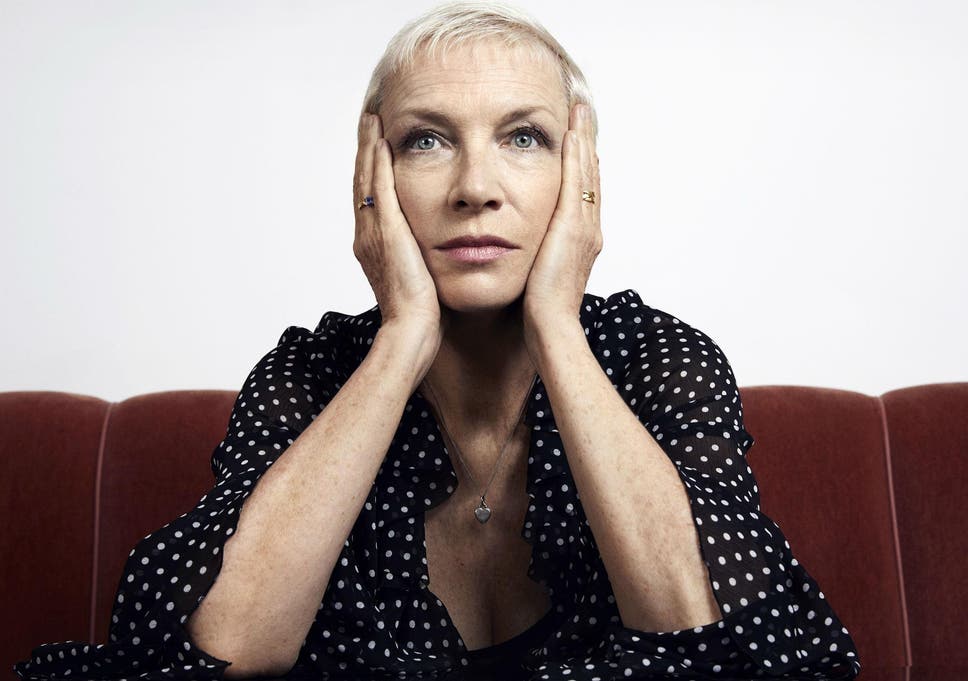Former Eurythmics star and general 80’s icon Annie Lennox has highlighted the plight of chronic pain sufferers resulting from the current social and economic lockdown. A policy that was implemented to limit the spread of the Covid-19 virus.
The majority of major nations, with the notable exception of Sweden, adopted some form of lockdown policy, with variable levels of strictness. The primary focus of this controversial policy was to slow down (rather than eliminate) the spread of the virus and prevent healthcare systems from being overwhelmed (flattening the curve). However, the ‘side-effects’ have been substantial and are likely to be far reaching.
Headline secondary effects of the ‘lockdown’ have been massive societal financial and small business collapse, unprecedented spikes in unemployment, furloughing of staff and levels of government borrowing and spending that have never been previously seen. The health and social implications of this financial collapse cannot yet be estimated and we will have to wait and see how this pans out. However, it is worth noting that there were over 100,000 excess deaths in England between 2010 and 2014 following the financial collapse of 2008. This was related to a fall in GDP of about 5%. Estimates of falls of GDP related to the current lockdown have been as high as 30%.
What are the Secondary Healthcare Effects of the Lockdown?

The secondary effects of the lockdown are as yet, unknown. At the height of the pandemic, we saw a suspension of all elective, and indeed, urgent medical services. This affected all outpatient based services, including chronic pain management. It also included diagnostic services, screening services, and non urgent surgical services including cancer surgery. The suspension of mental health services is also likely to have far reaching implications. Specialists in theses areas were seconded to help out in intensive care areas for the expected tsunami of patients in respiratory distress.
Emergency departments became eerily quiet, recording drops in footfall of up to 50%. Patients with chest pain, abdominal pain or minor injuries were not presenting to ED’s in their usual numbers. This was probably due to a combination of fear of catching the virus or feeling that the system would already be overburdened. The secondary effects of this situation have yet to be appreciated.
Mental health issues were also left unchecked, leading to a small, but significant increase of attempted suicides. In the middle of all of this, the chronic pain community, as is often the case, were forgotten. The suspension of chronic pain clinics from mid March 2020 until late June, put pressure on already overwhelmed waiting lists. This left large numbers of chronic pain patients without access to pain management services.
In the attached article from her website, Annie, who herself, suffers from a chronic pain condition, highlights the plight of this group. She also describes the lengths that some had to go to, to get the treatment they desperately needed, even to maintain even a basic level of functionality.
With chronic pain affecting up to 20% of the adult population, this is a massive, looming societal problem. Annie deserves great credit for using her considerable public profile to highlight this major issue.
Read the full article here

